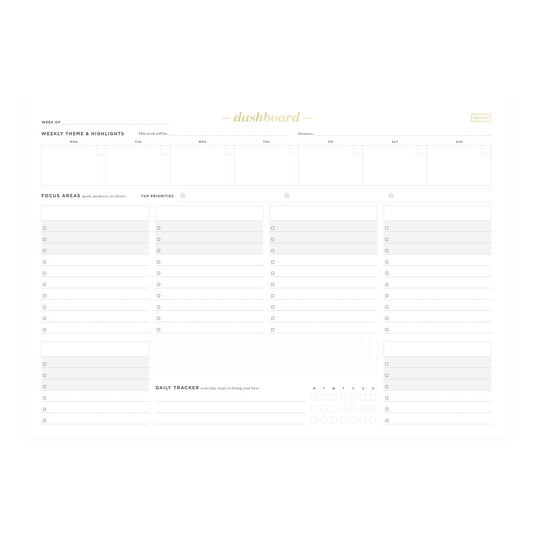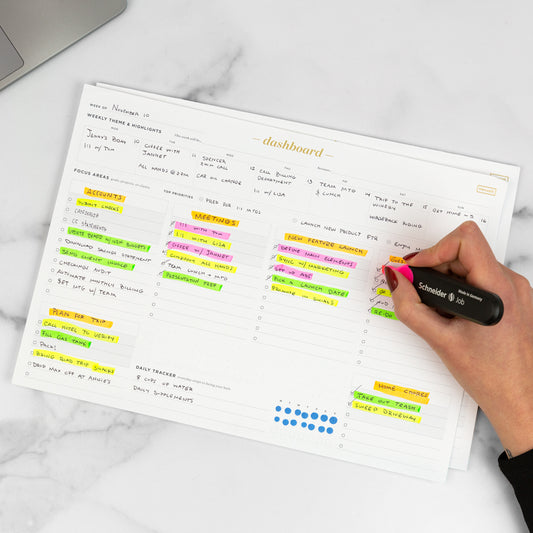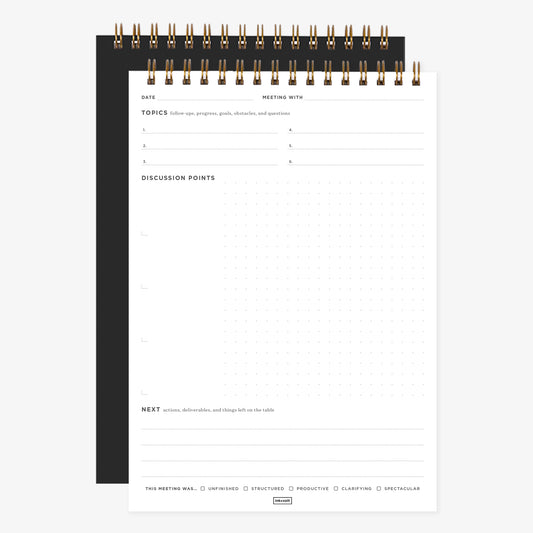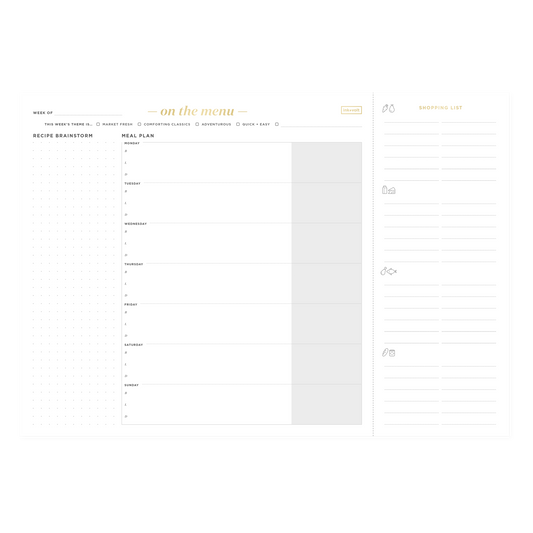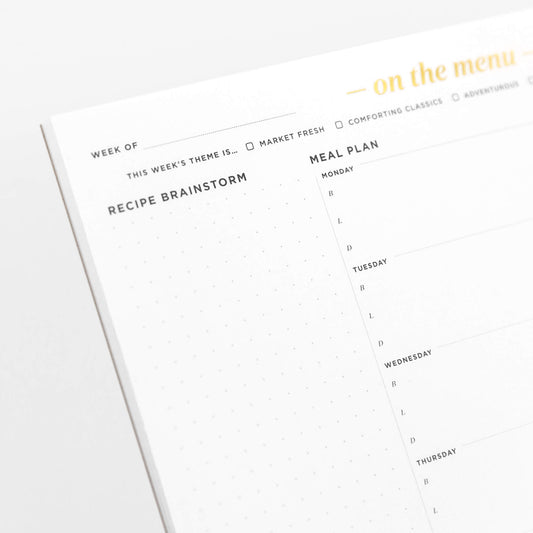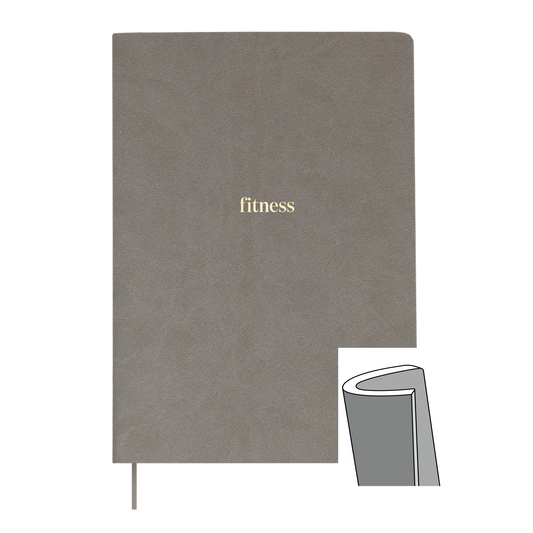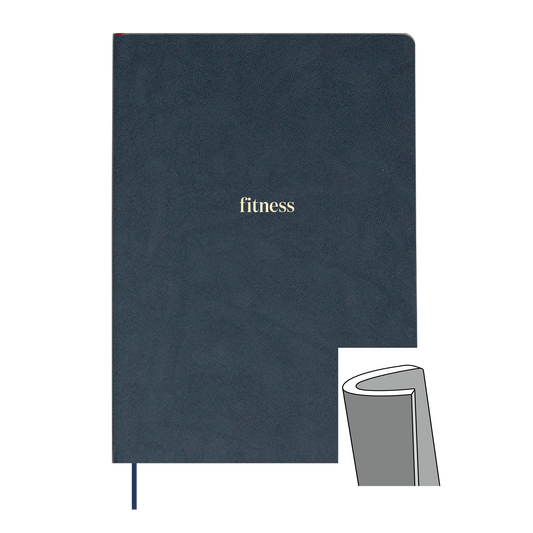Asking someone for advice is an investment.
You are investing your time to seek out and collect information from knowledgeable resources. But the advice giver is also making an investment. They are spending their precious time sharing their knowledge and experiences with you.
So when you ask someone for advice, you’re not just asking them for a favor. You are asking them to invest in you.
Are you making a good sales pitch? Are you someone that other people would want to invest in?
Think about the last time you asked someone for advice.
Did you ask to “pick their brain”? Confirm when it was convenient for them to meet? Did you know the person directly or were they a friend of a friend? And…did they say yes and share their knowledge with you?
We hope they did. But if they didn’t or you felt like the situation could have gone better, we’ve got you covered. In this post we break down how you should ask for advice so that:
- Who you ask says yes
- It’s an enjoyable experience for you and the advice giver
- You get the best advice you possibly can
Why you should take the leap and ask!
If you’re thinking about asking someone for advice, do it. People tend to not ask enough questions, for fear of looking stupid, even though asking questions is the most efficient way to become smarter and more impressive.
A study conducted by Alison Wood Brooks and Francesca Gino at the Harvard Business School actually found that asking for advice shows initiative and demonstrates competence. If you want to impress your boss, don’t try to figure it all out on your own; ask questions instead!
Plus, Brooks and Gino’s study found that “a request for advice flatters the advisor and increases her self-confidence, which in turn boosts her positive perceptions of the advice seeker.” A win-win, right?
So it’s not as risky of an endeavor as you might think. Yes, you are opening yourself up and becoming vulnerable; you may feel a little nervous or intimidated.
But those feelings are outweighed by the benefits of being liked and trusted by the person you’re asking questions of. It can also show your initiative and seriousness about an issue or pursuing an opportunity, idea, etc.
With all of the benefits of asking in mind, we hope you don’t hold back and decide it’s worth it to ask for someone’s advice.
Asking for advice
Advice from the right person at the right time can change your life. However, finding the right person to give you the right advice isn’t always easy — because you first have to identify who to ask, what exactly you want to know, and how to actually get a chance to ask this person.
Of course, it’s almost always worth it to do the work to get to the right person, because what you get in return is help on some of your biggest decisions:
- Should I pursue [a new career, profession, hobby, etc.]?
- Is it worth it to try [a method, product, process, etc.]?
- How should I handle [asking for a raise, being turned down for a promotion, a career transition, etc.]?
Little things like your approach and wording can affect whether the person says yes or no, how they feel about wanting to give you advice, and what advice they ultimately give. Even if you’re not asking for advice on a life-changing topic, the tips below will help guide your approach to asking.
Here are tips you can actually use to help you accomplish big things! So let’s plan this out:
Do your research first. Before you ask someone for advice, make sure you’re asking the right person. Are they an expert on exactly what you want to know? Have you researched the topic enough to be able to ask specific questions that only this person can answer?
Use a connection. If you’ve never actually met the person you want to ask for advice, but have a mutual friend in common, tap into your network and consider asking them if they would be willing to reach out on your behalf for an introduction. This is a great way to initiate contact because you are being pre-vetted by the connection you have in common, and the person you’re seeking advice from is more likely to make time to talk to you.
Timing. What’s the best time of the month, week, or day to make your approach or send an email. Be strategic. Sending an email Friday afternoon before a long weekend versus first thing Monday morning could mean the difference between your email being seen and answered or overlooked and ignored.
If you know the person (for example, if it’s someone you work with) look for times in their day when they tend to be available, and be aware of openings in their schedule. This could mean checking their public calendar if you have access or asking their assistant when they have slow moments.
Be clear about your intentions. A lot of people will “ask for advice” as a way of getting a meeting with someone, when what they really want is to pitch that person their business idea. Don’t waste someone’s time with a bait and switch. Be sure that you want to reach out to this person for their expertise and insight, not to try to spark their interest in your project. If that’s what you really want, then ask for that instead. To do otherwise could leave a very bad taste in this person’s mouth about you, which you do not want.
Choosing your best method of asking
Should you email? Call? Ask in person? The method you choose mainly depends on if you know the person or not. But no matter how you decide to ask if the person is available, deciding what to say and how to say it can take time. And it should. You want to carefully craft your request and think about the best way to do it, whether you’re write a brief script or drafting an email.
Asking by email
Probably the most convenient and flexible option for both you and the other person, it allows them to respond when they are able and for you to prepare a well written and edited request.
Be concise, but share specifically why you want to talk to them. The wordier you are the less likely they’ll be to read your email or reply. Think of it like a marketing email — get to the point right away, and make the sales pitch clear. Stick to approximately 4-5 sentences:
- A sentence opening/introducing yourself, what you do, or who referred you,
- A sentence or two asking if they’re available and why you’re interested in talking to them,
- A sentence to coordinate a meeting, and
- A sentence closing and thanking them.
Here’s an example of how you could work the body of the email, making sure to address and end if appropriately:
“I currently work with ____ at ____; she referred me to you because of my interest in ____. Are you available to talk or meet for 20-30 minutes to discuss your experience with ____. I would greatly appreciate your perspective because ____.
Please let me know if you would be free to meet or talk by phone. I could also email you questions if that is easier for you. I would be so appreciative of any time you can give.”
Or if you don’t have a referral (like if you are emailing someone whose blog you read, whose work you admire, etc):
“I have followed your work on/at ____ because of my interest in ____. I was wondering if I could ask you a few questions about ____ because ____. Are you available to talk or meet for 20-30 minutes?
Please let me know if you would be free to meet or talk by phone. I could also email you questions if that is easier for you. I would be so appreciative of any time you can give.”
Asking in person or by phone
A good option if you know the person, are meeting them at an upcoming event, or are looking to make a more personal request. You can use a similar format as the email example above. You want to briefly ask them if they are available to talk to you about [insert specific topic], explain why [what their advice specifically will help you accomplish], and coordinate a later day and time that is convenient for them.
Make the process easy and convenient for them
You want to go out of your way to make it as easy for them as possible. In my experience, this includes offering:
- To meet them at their office or nearby/within walking distance, even if it is an inconvenience for you. For example, I usually take the bus to work. However, one day I coordinated taking a long lunch, drove to work, figured out parking at my office, and then drove 30+ minutes both directions to meet someone near their office. The inconvenience to me was far outweighed by the value of the advice I got from this person, which I only was able to get by making the interaction easy for her.
- Offer to send your questions in advance to give them an opportunity to prepare, which can make the conversation or interaction flow more efficiently.
How to make the conversation easy and efficient
So you got a meeting with someone to ask them for advice. Yay! You’re excited and happy, but there’s still work to do.
You’ll want to maximize the time you have and make sure it’s not a waste to either of you. After all, you don’t want this person walking away from your conversation thinking that it was a waste of their time. So how will you avoid that? By adding value back to the experience. Here is how you do that:
Know who you’re talking to. You probably know a bit about the advice giver, that’s why you sought them out. But now’s the time to make sure you know as much as you possibly can. Use the internet to look up things they’ve written, events they’ve attended, bios on company websites. Talk to anyone you know who knows that person. The advice giver will appreciate and recognize the effort you went through to research information in advance and it will aid the conversation, help you ask smarter questions, and save time.
Ask “how can I help you.” Even if you don’t feel like you have much to offer, it doesn’t hurt to ask. It’s a way to make the interaction beneficial to both of you, and not just one-sided. It can go a long way in showing your appreciation. Maybe you have skills they need or can connect them with someone that could help them with what they do. If you see a moment where you can add value back in the conversation, step up.
Prepare specific questions tailored to this person. Anyone can ask generic, basic questions. Only you can prepare specific questions tailored not only to the advice giver, but to you, your situation, and the reason why you’re asking for their advice. This is the number one way that most people bomb advice-seeking conversations. If you don’t have a specific question for them, or you don’t know how their specific expertise can help you, then don’t bother setting up a meeting.
Keep it focused and time-conscious. The person you are asking for advice is likely busier than you, or at least has significant demands on their time (that’s part of being successful, and why you are reaching out to them in the first place!). Start by asking if this is still a good time for them and if they have a specific time they need to leave. This shows respect and seriousness about their schedule and the favor they are doing you. Then get right to the point. You can practice laying out any groundwork necessary for your questions so that you can do it quickly and start getting their opinion as quickly as possible.
After the conversation: closing the loop
Thank you and follow up. A handwritten thank you, an email, or even a small gift are all appropriate ways to thank the advice giver for their time and advice. Choose what is most appropriate based on your interaction with the person, especially if you learned they love a certain kind of tea/coffee/sweet. And if there was anything you said you’d send or share with them, do it as soon as possible — ideally right away, but no later than the next morning. You’ll stay fresh in their mind and demonstrate your follow-through.
Keep asking. Don’t limit your advice seeking efforts to just one person if you feel like you need more information, didn’t receive the information or insight you expected, or discovered you have more questions and another person would be better suited to ask.
Did any of these tips help you? We want you to be the most successful version of you possible, so let us know by sharing your thoughts with us on Facebook or email hello@inkandvolt.com!


